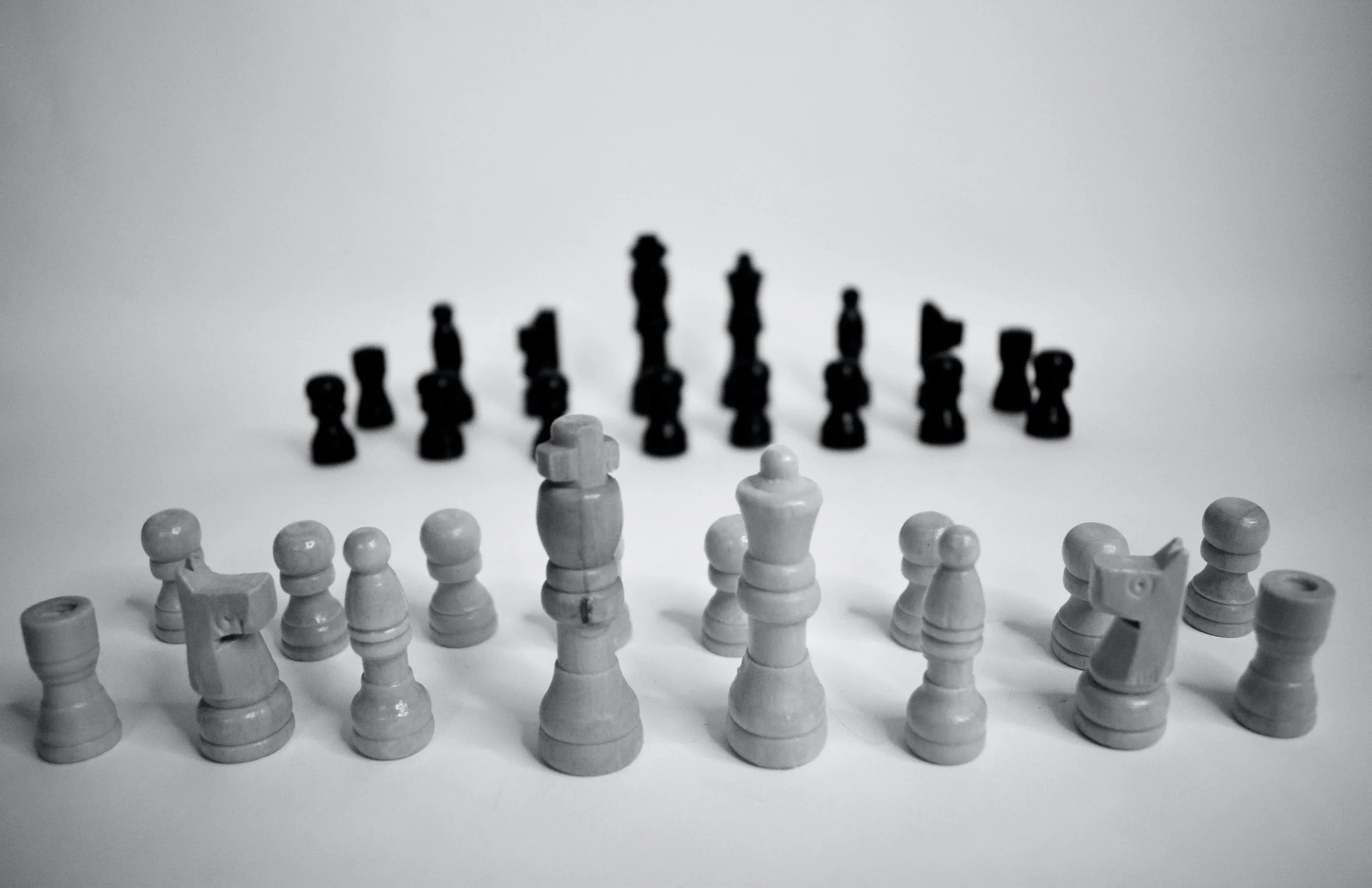Love to Automate, Automate to Love
Reading time: 8 min
“Civilization advances by extending the number of important operations which we can perform without thinking about them.”
The Legend of John Henry
In Talcott, West Virginia, in the centre of a fenced area next to the Great Bend Tunnel, there’s a statue erected in 1972. It shows a muscular man in working trousers and bare-chested with a big hammer between his hands. The plaque underneath identifies him as John Henry.
Courtesy of National Park Service, USA. Photo by Dave Bieri
Legend states that John Henry bravely faced a steam-powered hammer in a tunneling challenge—allegedly, digging the Great Bend Tunnel—and won, just before dying under the immense strain of racing a tireless machine.
John Henry, just like many other anecdotal figures in history, may or may not have existed. He is a matter of legends, of folklore, but more than anything else, he is the symbol of humanity’s eternal struggle against technology; a losing struggle, yes, but one which we need to face with pride, the statue seems to remind us.
Automation of labour has been, since the industrial revolution, probably the worst nightmare of the working class. But if for decades the threat was only addressed to manual skills, easily out-powered by the relentless force of steel and fire, the advent of personal computers has extended the menace from muscles to brains.
From Artificial Muscles to Artificial Intelligence
In 1997, the next step of the human struggle against technology assumed the shape of a match, rather than a race. In New York, the IBM supercomputer called “Deep Blue” defeated chess world champion Garry Kasparov under the eyes of the entire planet. Fortunately, the human, in this instance, didn’t have to die to make the story appealing, but the result ended up being the same; machines are surpassing humans in what we thought were human activities.
Enter the AI.
In 2017, a Google-developed AI software called AlphaGo won against a grandmaster of the ancient Chinese board game of Go, which is a game as complex—if not more complex—than chess itself.
Photo by Tamara Gak on Unsplash
This might not sound that scary if you’re not a professional board gamer, but let’s put these technological advancements into perspective.
Today, it seems obvious that computers are better suited to handle large amounts of data, but it wasn’t so blatant twenty years ago. I graduated in 2017, and I remember my professors inviting us to use computers for what they’re good at; performing draining and repetitive tasks.
I don’t think this is the case anymore.
Replacing Humans
With software conquering the workplace, the real labour revolution should have been one of creativity. Leave analysis and calculations to computers, we all will be creatives, right? What if machines could learn to be more creative than human beings though?
AIs can already produce images, songs, and even stories. How long before museums will be flooded with pictures by image-generator-software-037? How long before Oscars and Grammys will be won by AI-text&music-factory-17001?
Well, let’s not jump to conclusions.
Though this is, by all means, a new challenge for our society, the problem is not unprecedented.
Courtesy of IMDb
In the early eighties, the introduction of software like VisCalc got a great number of accountants and admin people obsolete, and this was scary. The beautiful film “Hidden Figures” deals with a similar issue, (besides racism and discrimination) showing how the women crunching numbers for NASA had to learn how to code in what I believe was Fortran at the time in order to keep their jobs.
But let me ask you a question: are there more or fewer accountants in the world now when compared to the early eighties? Is NASA bigger or smaller than when they accomplished the Moon Landing? And, more generally, has the implementation of technology reduced or increased the total number of jobs in the world? Exactly.
Automation is at Your Service
Of course, the skill set required to survive is changing, and changing rapidly, but the change is stripping people of neither jobs nor artistic pursuits. On the contrary, it’s expanding the horizon of human ambition.
Automation is good. It frees up time to do what we actually want to do. It raises the platform on which we stand to reach the stars. It doesn’t substitute humankind; it elevates us all.
Plus, I want to point out that automation doesn’t necessarily need technology to occur.
Think about sports.
I used to be a professional basketball player in another life, and improving in such a competitive environment relies totally on the individual’s ability to automate parts of the game. You can’t sprint past two defenders if your dribbling is not automatic. You cannot score under pressure if you haven’t automated your shooting mechanic.
How to Implement Automation in Your Daily Life
So, here’s the question: how can you implement automation in a writing/creative practice?
Before looking into technology, the first place to start is your craft.
I had been writing fiction in Italian for five or six years before I moved to the UK, and it took me another year to feel comfortable enough to try writing directly in English, rather than translating and, believe me, it’s not been an easy process. Writing without a subconscious grasp for grammar, sentence formation, sound, vocabulary or even story structure is slow and painful and leads to low quality. My English is far from perfect—if you’re reading this you already know that—but it took me 2 hours to write this article. In 2019, it would have taken me two weeks.
The short creation-feedback process allows me to produce more. Producing more means making more mistakes, but also exploring more areas of interest, and, in the long run, it means improving faster.
I try to automate as much as I can both in my day job and in my creative projects because more automation equals less friction and, thus, more freedom to experiment.
Photo by Katya Austin on Unsplash
To help with that, I use a lot of tools and tricks. I set up my writing space beforehand, so that I don’t need to tidy up before starting writing. I use Scrivener for long projects, so that they are sorted and stored automatically and I always have the entire manuscript, synopses, notes and previous versions just a click away. I use Notion to streamline this website, so that I can quickly import my second brain into an article and draft it from any device with an internet connection. I use Squarespace to automate as much as I can about web development.
Although I will probably never be as good as Dickens or Hemingway, writing like them would be counterproductive, and wouldn’t allow me to be the best version of myself.
In conclusion, I think we shouldn’t look at AIs as our inevitable future Lord Rulers. Instead, let’s look at them as the only tool capable of improving our life on Earth (or whatever planet Elon Musk conquers next).
Alla prossima.
Photo by Alex Knight on Unsplash





